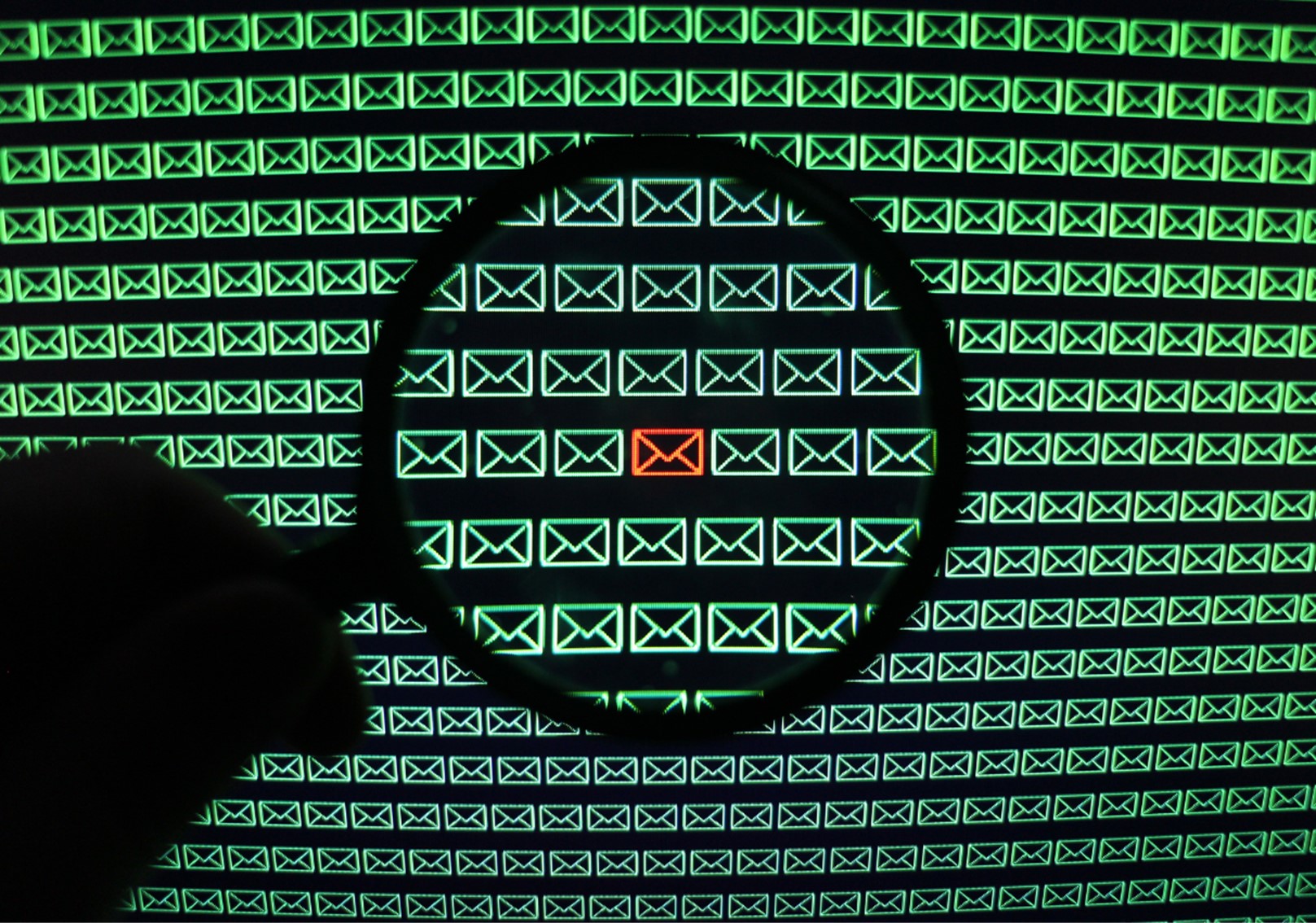We’ve all received a scam email, phone call or whats app before, right?
And it seems there’s more and more of them trying to catch us out.
According to government figures released in April 2023, the 12-month period before had seen 32% of businesses falling victim to some form of cyber breach or attack, the good news is that was a decrease from 39% in 2022.
However, a recent report by the National Cyber Security Centre (NCSC) said that Artificial Intelligence (AI) will almost certainly increase the volume and heighten the impact of cyber-attacks over the next two years.
At We Are Acuity, security is high on our agenda, as well as all the usual IT protection in place we have also built in some processes to the way we think and work to help tackle this, some may be obvious but here are our top few:
1) On boarding - When anyone new starts at Acuity, security is a key area that is covered. We talk through how we work and what to expect – i.e. that we will never send any form of message (whats app, email etc) asking for an urgent payment to be made and that if they ever receive any communications like this to double check by way of conversation before doing anything.
2) Two factor Authentication (TFA) – We insist on TFA being set up on all systems that require logins.
3) Stop before you click – If there is any doubt over any emails received then we always encourage everyone to think before clicking on any links/attachments or replying. Questions to ask; were you expecting the email, is it from someone you know, is it a request to change bank details or click on any links etc? If so, then check the actual email address that the request came from by hovering the mouse over the address, this will reveal the true sender and not necessarily the address that it looks like it originated from.
4) Hang up and call back – If anyone calls reporting to be from the bank, we politely tell them that we will call them back, in doing so we would use the phone number provided on the banks own websites and not any number given by the caller. Scammers can mask the incoming call and make it look like it’s come from an authentic phone number when in reality it hasn’t!
5) Dedicated Teams Channel – Knowledge is power and as such we have a dedicated Teams Channel for asking any questions and for sharing any phishing emails etc that we get so that everyone keeps front of mind how important these things are.
6) Unique Passwords – Keeping passwords unique and harder to crack, long passwords are better and adding in special characters and numbers too will be even better.
So, whilst there is always going to be a cyber security risk to any business or consumer, having security front of mind, questioning things and having processes in place will reduce that risk.
If you'd like to read more about We Are Acuity have a look at our blog page "Local Thinking': https://www.weareacuity.com/local-thinking-our-blog
#cyber #processes #team #agencylife
And it seems there’s more and more of them trying to catch us out.
According to government figures released in April 2023, the 12-month period before had seen 32% of businesses falling victim to some form of cyber breach or attack, the good news is that was a decrease from 39% in 2022.
However, a recent report by the National Cyber Security Centre (NCSC) said that Artificial Intelligence (AI) will almost certainly increase the volume and heighten the impact of cyber-attacks over the next two years.
At We Are Acuity, security is high on our agenda, as well as all the usual IT protection in place we have also built in some processes to the way we think and work to help tackle this, some may be obvious but here are our top few:
1) On boarding - When anyone new starts at Acuity, security is a key area that is covered. We talk through how we work and what to expect – i.e. that we will never send any form of message (whats app, email etc) asking for an urgent payment to be made and that if they ever receive any communications like this to double check by way of conversation before doing anything.
2) Two factor Authentication (TFA) – We insist on TFA being set up on all systems that require logins.
3) Stop before you click – If there is any doubt over any emails received then we always encourage everyone to think before clicking on any links/attachments or replying. Questions to ask; were you expecting the email, is it from someone you know, is it a request to change bank details or click on any links etc? If so, then check the actual email address that the request came from by hovering the mouse over the address, this will reveal the true sender and not necessarily the address that it looks like it originated from.
4) Hang up and call back – If anyone calls reporting to be from the bank, we politely tell them that we will call them back, in doing so we would use the phone number provided on the banks own websites and not any number given by the caller. Scammers can mask the incoming call and make it look like it’s come from an authentic phone number when in reality it hasn’t!
5) Dedicated Teams Channel – Knowledge is power and as such we have a dedicated Teams Channel for asking any questions and for sharing any phishing emails etc that we get so that everyone keeps front of mind how important these things are.
6) Unique Passwords – Keeping passwords unique and harder to crack, long passwords are better and adding in special characters and numbers too will be even better.
So, whilst there is always going to be a cyber security risk to any business or consumer, having security front of mind, questioning things and having processes in place will reduce that risk.
If you'd like to read more about We Are Acuity have a look at our blog page "Local Thinking': https://www.weareacuity.com/local-thinking-our-blog
#cyber #processes #team #agencylife











